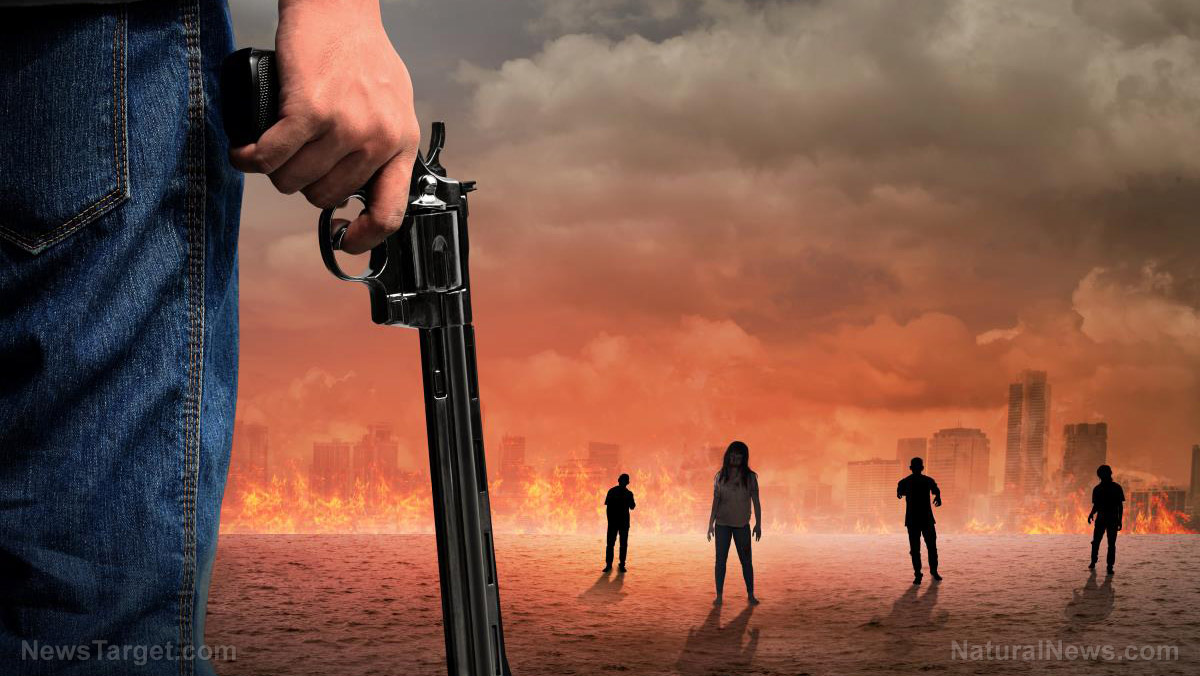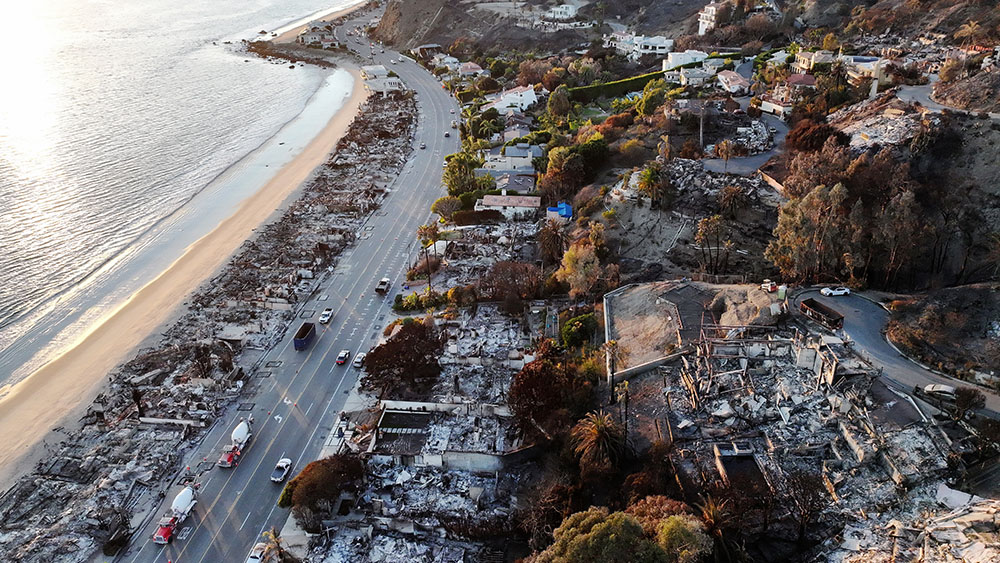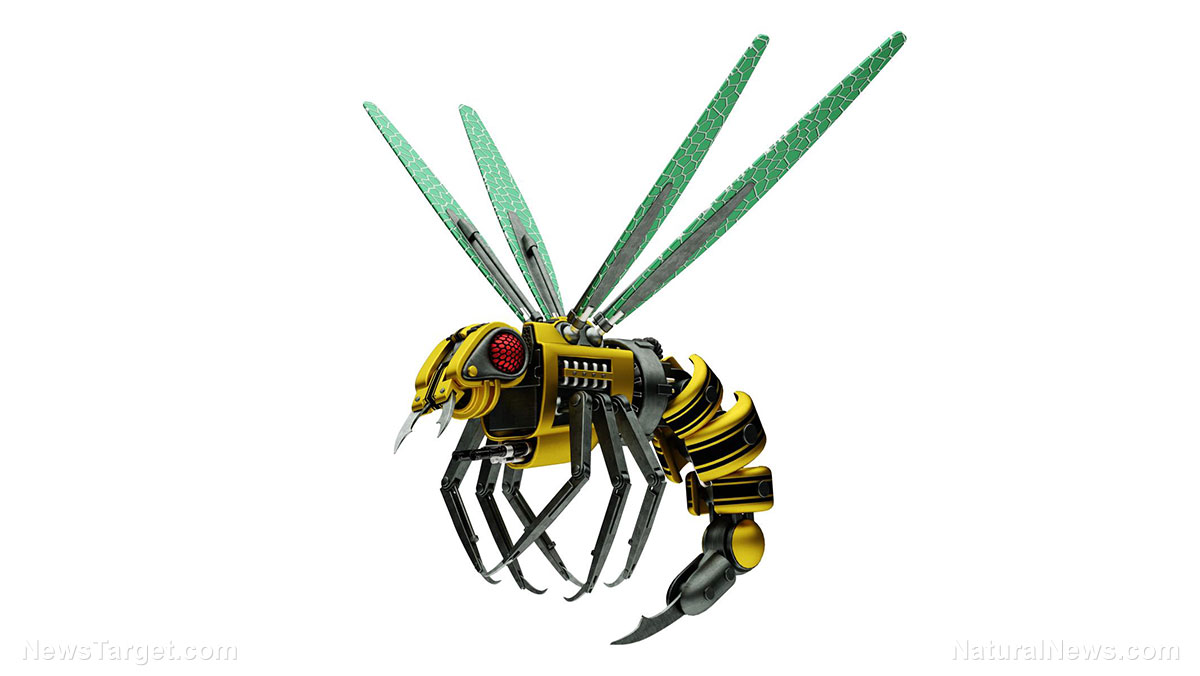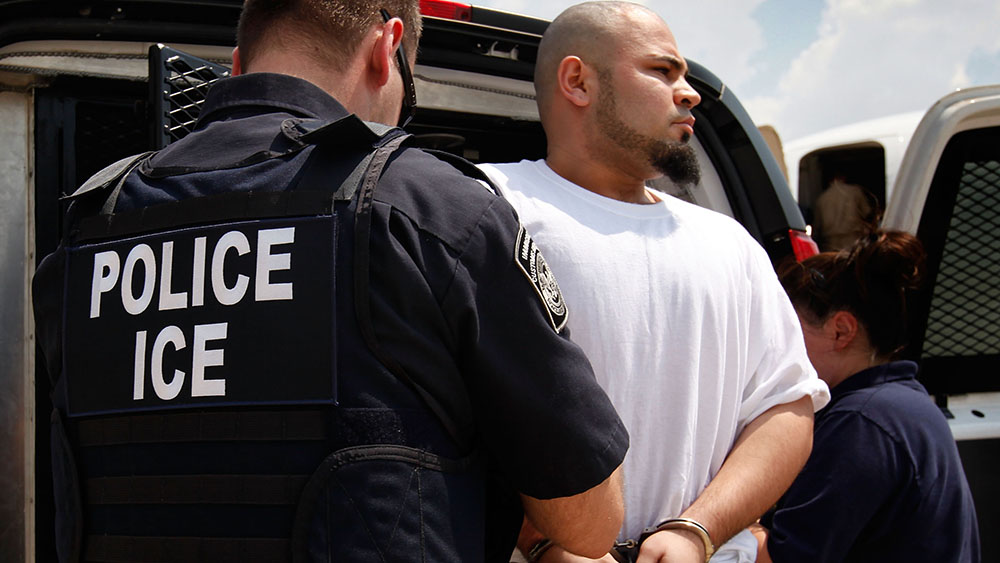 Parler
Parler Gab
Gab
- When Systems Fail, So Does Trust: The collapse of public infrastructure — power, water, communication — rapidly shatters the illusion of neighborly loyalty. Casual relationships built on routine civility dissolve, revealing how proximity can turn into a threat when resources run dry and survival instincts kick in.
- Preparedness Can Make You a Target: In a crisis, being well-stocked or self-reliant isn't seen as wise — it’s seen as selfish or hoarding. Neighbors who once shared beers may justify stealing from you because they feel entitled to your supplies, especially when they know what you have.
- Betrayal Begins Quietly: The shift from friend to enemy isn’t instant; it starts with odd questions, lingering stares, and subtle probing. Familiarity becomes dangerous, as those closest to you know your routines, weaknesses, and where you hide your resources.
- Operational Security Is Survival: Broadcasting your preparedness — online or in person — can make you a magnet for desperation. True prepping includes emotional discipline, psychological readiness, and the wisdom to remain quiet, selective, and unreadable when it counts most.
When neighbors turn into enemies, you better be prepped to the max
A chilling transformation occurs when scarcity sets in. That neighbor you once barbecued with is now a father watching his family go hungry. Your preparedness, once a point of pride, becomes a visible target. The smell of food, the hum of power, even the presence of your still-healthy dog can spark envy and suspicion. People begin to whisper, watch, and justify crossing lines. "They have more than they need" turns from a thought into a motive. History offers warning signs. The 1992 Los Angeles riots showed how quickly communities can unravel. Neighbors looted each other’s homes. Storefronts that once supported local causes were smashed open by the very people they served. This wasn’t an isolated incident — it was a stress test of human nature under duress. And it proved that geography doesn’t equal safety. The shift from friend to threat doesn’t come with sirens. It’s subtle and psychological. Conversations turn awkward. Innocent questions become veiled threats. People begin assessing what you have — and how hard it would be to take it. Your shared past becomes irrelevant in the face of hunger and fear. Operational security — or “OPSEC” — becomes vital. Oversharing your preparedness can make you a beacon in the dark. Social media posts, casual comments, or visible stockpiles can all mark you as a resource rather than a person. And when desperation peaks, resources get claimed — often without permission. But this doesn’t mean isolation is the answer. Community still matters, but it must be built on shared values and discipline, not proximity. The strongest groups are those aligned in mindset and prepared for crisis before it arrives. Shallow ties, by contrast, fracture under pressure. Betrayal in crisis hits harder than physical pain. It’s a biological reaction to broken trust, and it happens more easily than many believe. Familiarity can be weaponized. Neighbors know your routines, your weaknesses. And when fear overrides morality, they may justify taking what’s yours. Preparedness isn’t about paranoia — it’s about clarity. You don’t need to fear everyone, but you must understand how fast people can change when pushed to the edge. True survival requires planning not just for disaster, but for the people who’ll face it alongside you — willingly or not. In the end, being prepared is an act of love without illusion. Love for your family, for your future, and yes, even for your neighbors. But don’t mistake kindness for safety. When the system goes silent, the real test begins — and it’s not the strangers who are the greatest threat. It’s the ones who already know your name. Tune your apocalypse dial to Preparedness.news for updates on real news about surviving the next pandemic or EMT explosion that shuts down the supplies and the power grid all at once. Sources for this article include: Censored.news NaturalNews.com PreppersWill.comZelensky threatens new long-range strikes inside Russia
By Zoey Sky // Share
China’s cyborg bees: A breakthrough in surveillance or a step toward a spy state?
By Ava Grace // Share
Trump directs ICE to arrest protesters who attack officers
By Belle Carter // Share
Burying survival supplies: A strategic approach to emergency preparedness
By Zoey Sky // Share
Governments continue to obscure COVID-19 vaccine data amid rising concerns over excess deaths
By patricklewis // Share
Tech giant Microsoft backs EXTINCTION with its support of carbon capture programs
By ramontomeydw // Share
Germany to resume arms exports to Israel despite repeated ceasefire violations
By isabelle // Share










